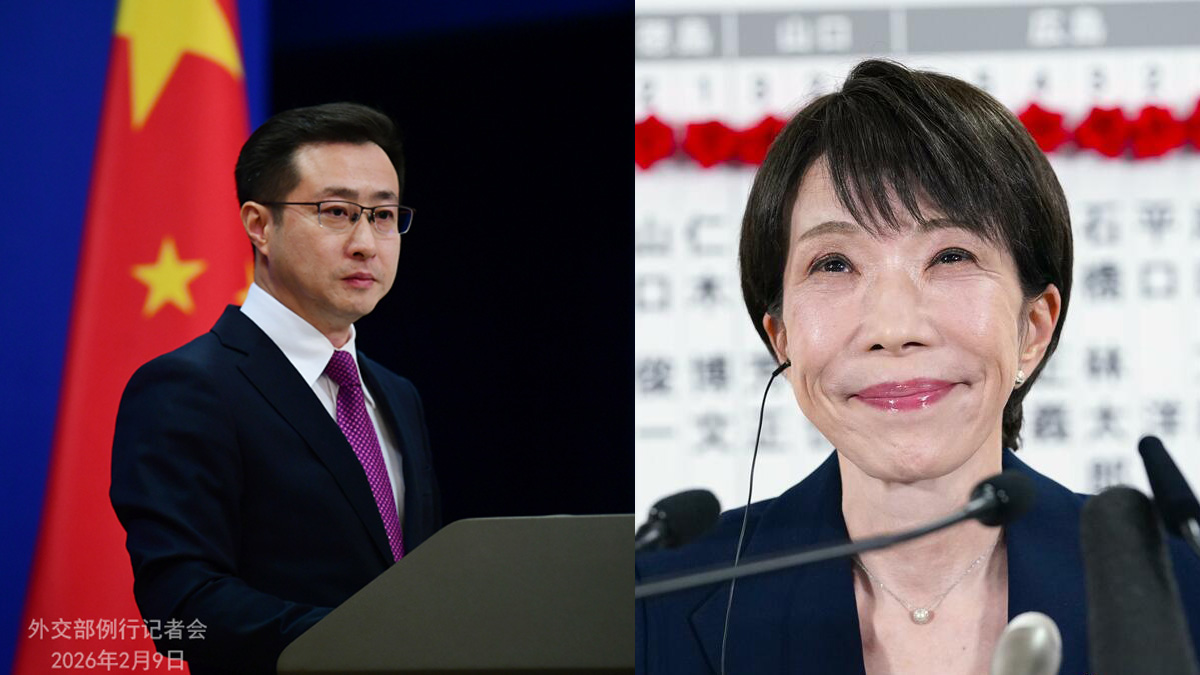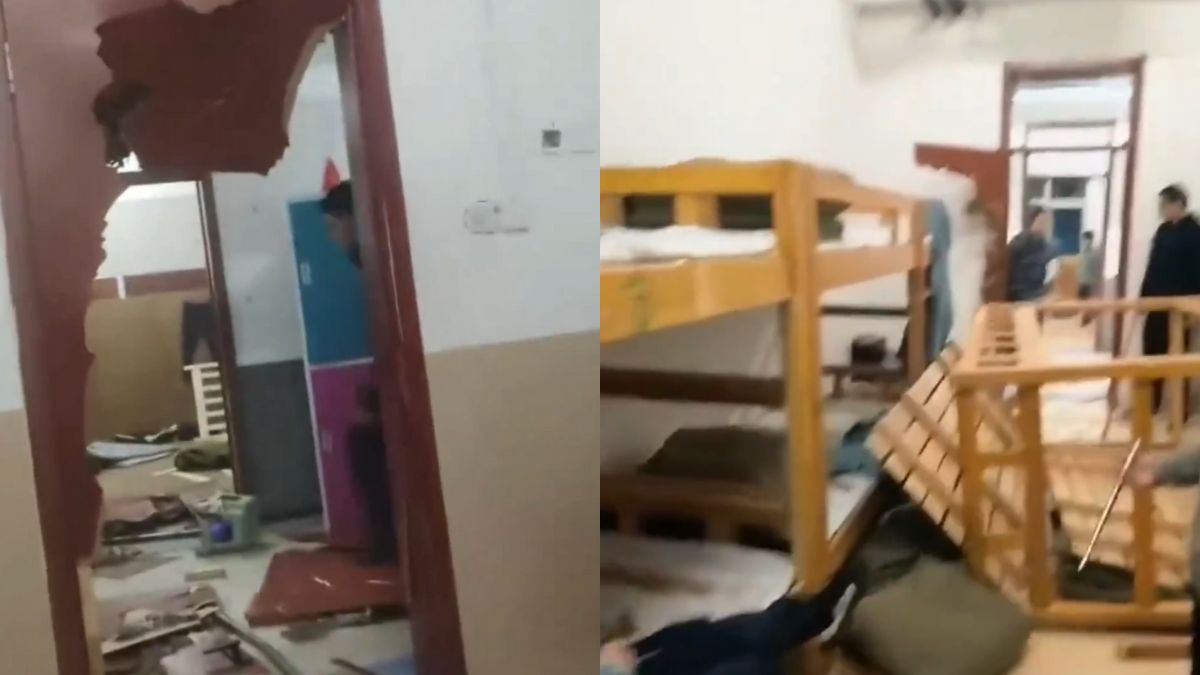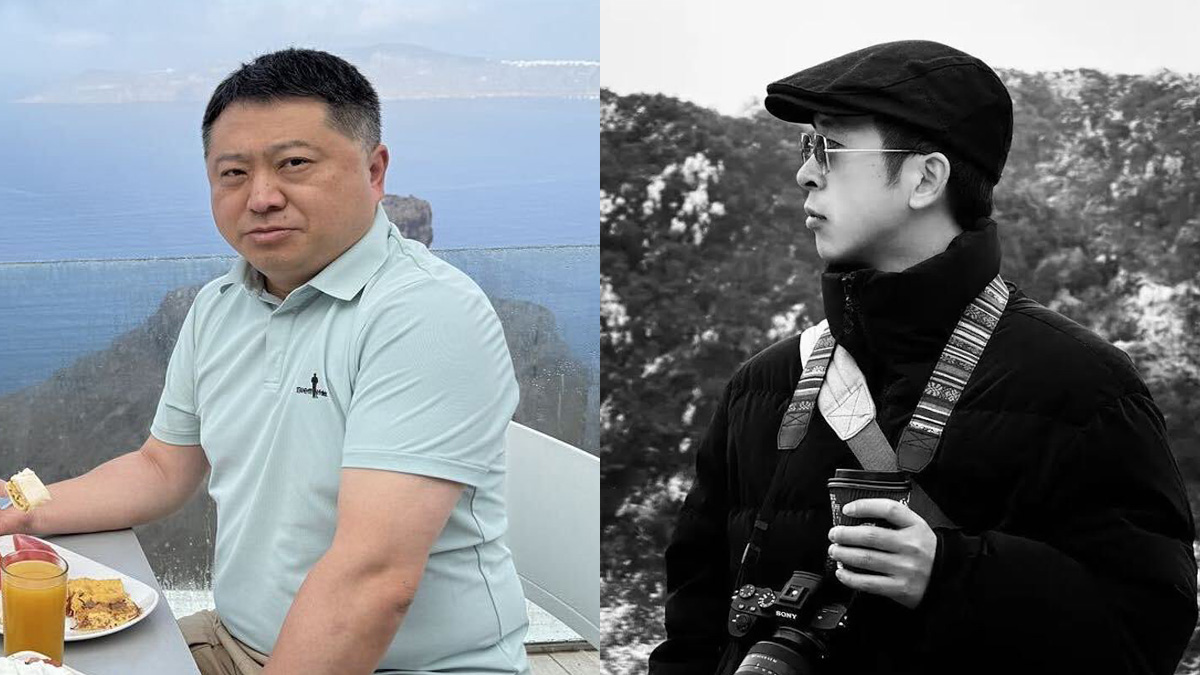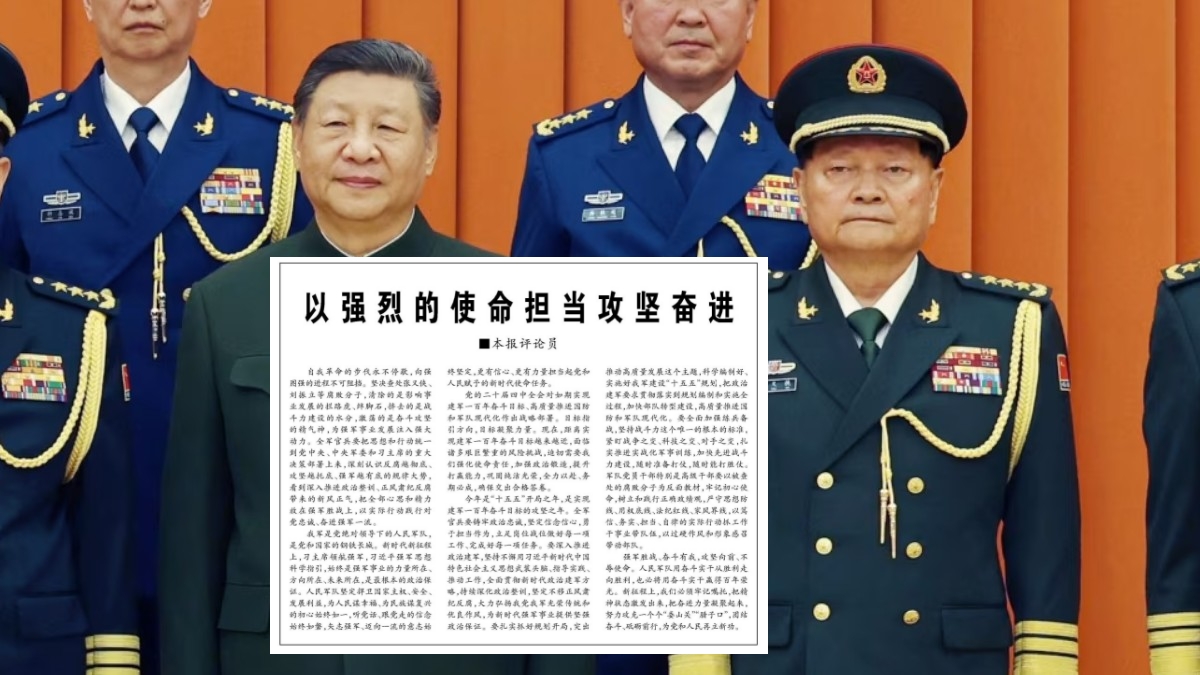Chinese exile Zhou Junyi’s detention in Thailand sparks fears of deportation and torture
Chinese pro-democracy activist Zhou Junyi has been detained in Bangkok, reportedly for visa violations, but activists fear Thailand may deport him to China under Beijing’s pressure. Rights groups warn he could face arrest and torture if returned.
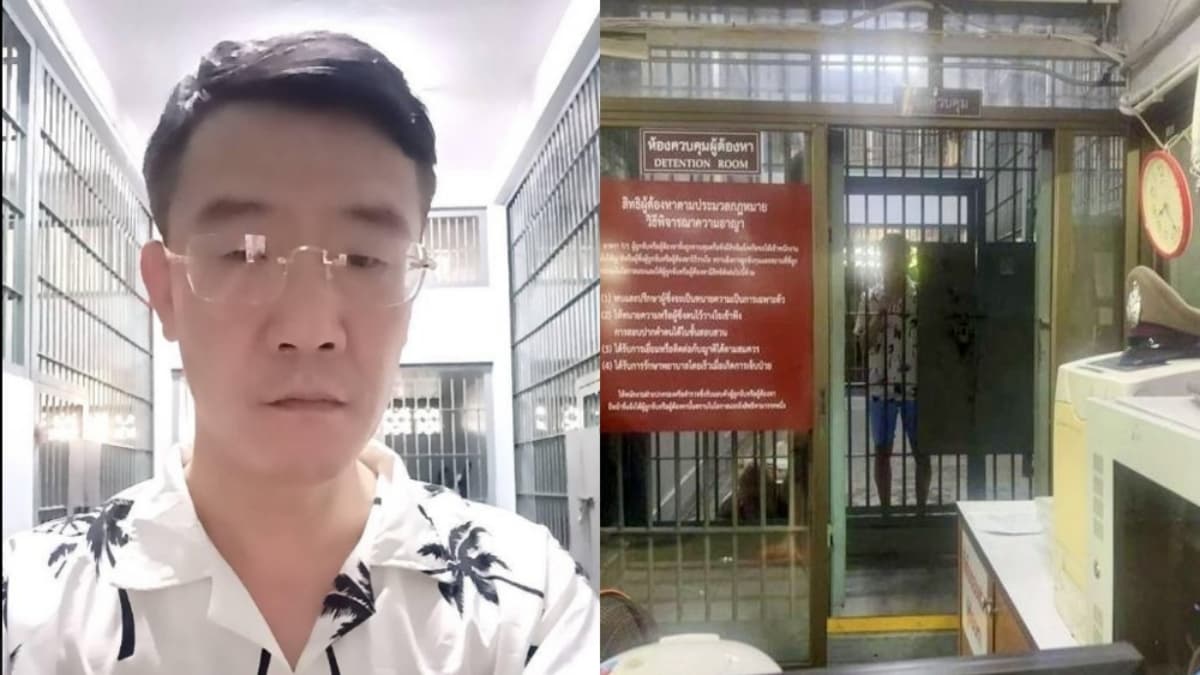
- Chinese democracy activist Zhou Junyi has been detained in Thailand for alleged visa violations, with fears he may be deported to China.
- Human rights groups warn that deportation could expose Zhou to imprisonment and torture under Beijing’s crackdown on dissent.
- The case highlights Thailand’s growing cooperation with China and mounting concerns over transnational repression.
Chinese pro-democracy activist Zhou Junyi (周俊义), a member of the exile group China Democracy Party, has been detained in Thailand, sparking international concern over a possible deportation to China.
Zhou, 53, was arrested at his Bangkok residence in mid-June, eight days after he attended a commemoration for the victims of the 1989 Tiananmen Square crackdown in Kanchanaburi.
Thai authorities cited visa violations as the reason for the arrest, but Zhou and fellow exiles believe the detention was politically motivated and made under Beijing’s pressure.
“I’m anxious, I’ve lost hope,” Zhou told AFP from Bangkok’s main immigration detention centre.
“If I am sent back, I will be arrested immediately and tortured.”
Zhou fled China a decade ago after attending a democracy conference in the United States.
His party, the China Democracy Party, has long been banned in China and operates mostly abroad.
The group confirmed Zhou’s detention in a social media post dated 15 June 2025.
Some Chinese dissidents expressed concern that if Zhou were deported to China, he would face serious political persecution.
In June, several Chinese exiles and activists based in the United States petitioned the Royal Thai Consulate-General in Los Angeles to urge Thai authorities not to deport him.
Alongside Zhou, another detainee, Tan Yixiang, a vocal advocate for Tibetan and Uyghur rights, has been held by Thai immigration for over a year despite being recognised as a UN refugee.
“I will never sing the praises of dictatorship,” Tan said.
“I speak up for human rights.” Both men are seeking asylum from third countries.
According to UN data, around 200 Chinese exiles are currently seeking refuge in Thailand.
While the country has historically been seen as a safe haven, it does not legally recognise refugees and is not a signatory to the UN Refugee Convention.
This legal gap, combined with closer diplomatic and economic ties between Bangkok and Beijing, has made many activists fear that deportations will become more common.
Thailand forcibly repatriated 40 Uyghur asylum seekers to China in February 2025, drawing condemnation from Western governments and human rights organisations.
A spokesperson for Thailand’s immigration police, Khathathorn Kamtieng, told AFP that Zhou “is waiting for a new passport,” and that “once it has been obtained, he will be deported to his home country.”
Beijing’s foreign ministry has repeatedly stated that such repatriations comply with “international law and bilateral agreements” and that China opposes the “use of human rights as a pretext to interfere in internal affairs.”
Rights observers say Zhou’s case reflects a broader trend of Chinese transnational repression.
In a February 2025 report, Freedom House labelled China “the world’s most prolific perpetrator” of overseas political intimidation, citing cases across Southeast Asia, Europe, and North America.
Thailand, meanwhile, has a history of controversial deportations.
In 2015, Chinese-born publisher and Swedish citizen Gui Minhai was abducted from a Thai resort and later convicted of espionage in China.
Activists note that China and Thailand are marking 50 years of diplomatic relations this year — a milestone that could further embolden Beijing’s requests for cooperation.
Another Chinese activist in Thailand, identifying only as Alvin, told AFP that many exiles are now trying to leave Thailand for Canada or Europe. “Political refugees who are free in Thailand now are quite afraid,” he said. “They’re very worried.”
Zhou has alleged that Chinese authorities have harassed his parents in Zhejiang province and have made repeated attempts to pressure him into voluntary return.
“Chinese embassy staff have come several times asking me to sign,” he said. “But every time I refuse.”
The Chinese embassy in Bangkok declined to comment on specific cases, while the foreign ministry in Beijing did not respond to media inquiries.
Observers say Zhou’s fate will test whether Thailand maintains its reputation as a sanctuary or further aligns its law enforcement with Beijing’s demands.


